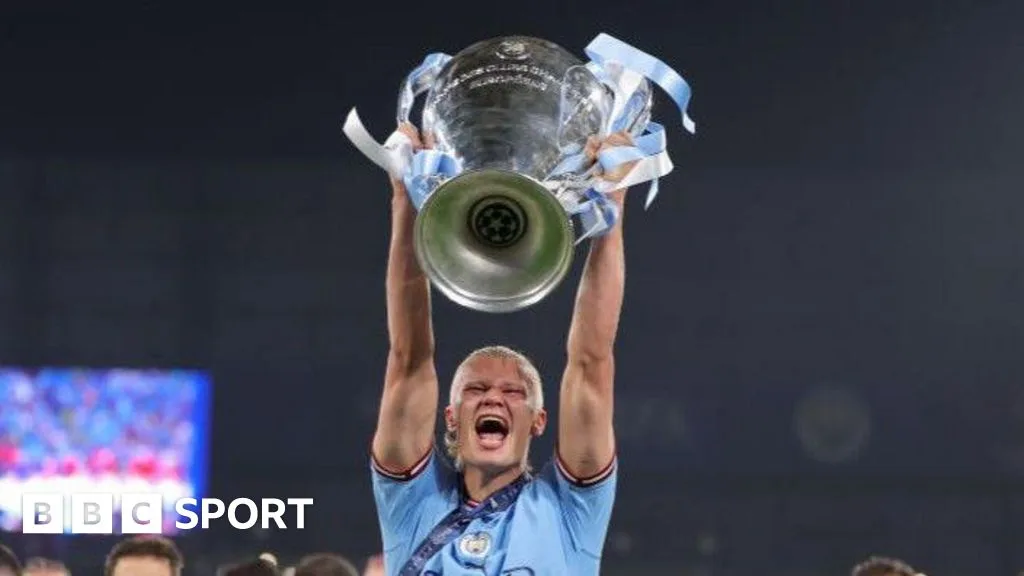Football News Update: Manchester City and Manchester United Cleared for European Competition
In a significant development for the world of football, Manchester City and Manchester United have been given the green light to participate in European competition next season. This decision comes after resolving conflicts over multi-club ownership with Girona and Nice, respectively.
However, Manchester United will be prevented from signing the highly-rated Nice defender Jean-Clair Todibo due to UEFA regulations. The City Football Group, which owns Manchester City and Girona, and the Ineos Group, which controls the football operations of Manchester United and Nice, have made “significant changes” to comply with UEFA’s rules.
According to the Club Financial Control Body (CFCB) of European football’s governing body, the shares have been transferred through independent trustees to a blind trust, which will be supervised by the CFCB. Additionally, the City Football Group and the Ineos Group have agreed not to transfer players “permanently or on loan, either directly or indirectly from July 2024 to September 2025.”
This means that Manchester United will not be able to sign the £40m-rated Todibo, a move that Ineos had hoped to facilitate. However, Manchester City’s pursuit of Brazilian winger Savio will be unaffected, as he has returned to his parent club Troyes, which is also part of the City Football Group, after his loan with Girona expired on 30 June.
Manchester City will be playing in their 14th consecutive UEFA Champions League campaign, while Girona has qualified for the first time by finishing third in La Liga, their highest ever league position. On the other hand, Manchester United has qualified for the UEFA Europa League by defeating Premier League champions Manchester City in the FA Cup final.
The long-term implications of this decision remain to be seen, as the shares are due to be transferred back to the respective investors in July 2025. At that point, the CFCB will review the status of the clubs and determine whether they are still under the control or decisive influence of their investors.
This decision is a significant development in the world of European football, as it ensures the participation of two of the most prominent English clubs in continental competitions while also addressing the complex issue of multi-club ownership.
🔗 Source
